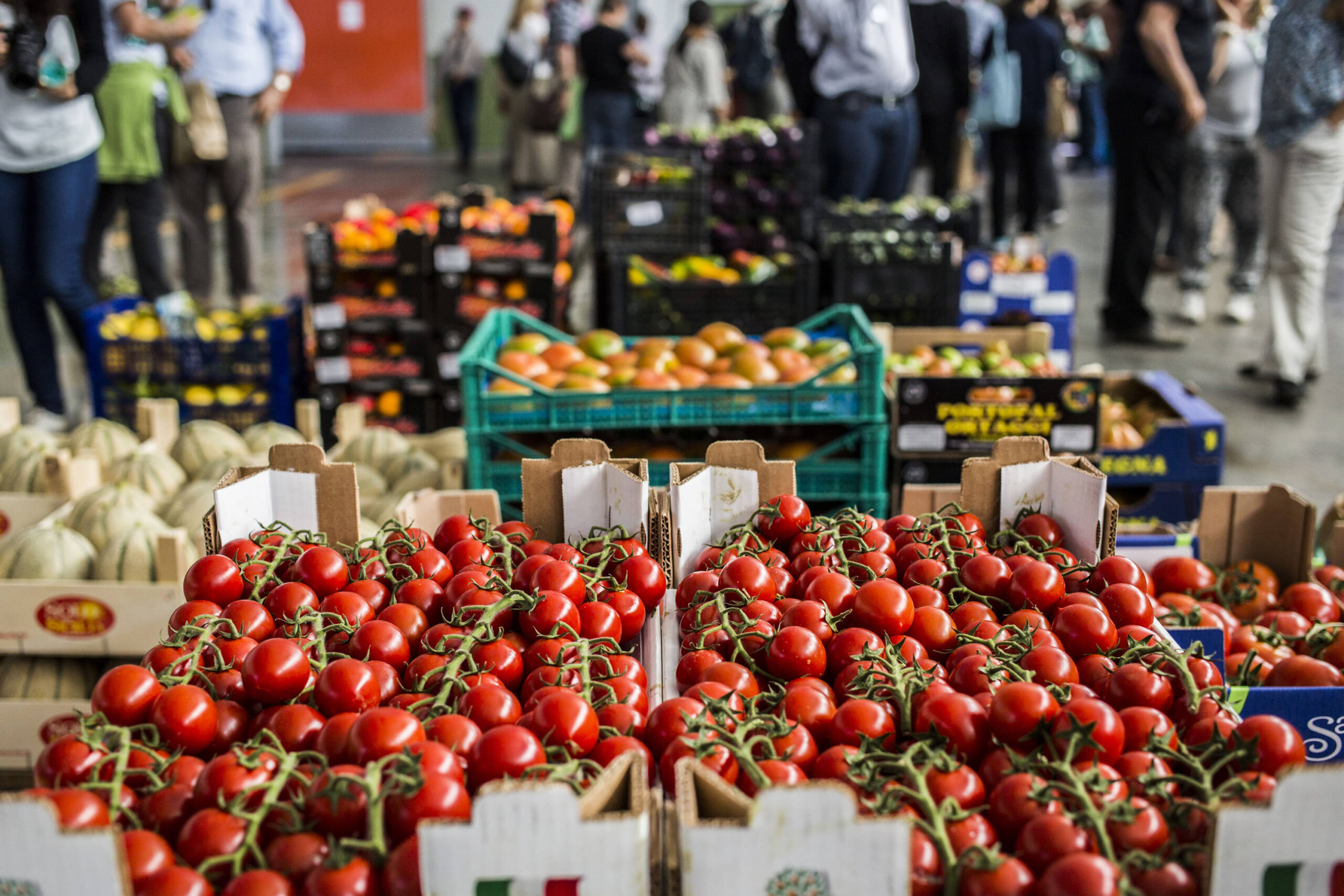The state of food systems worldwide in the countdown to 2030″, published today by The Food Systems Countdown to 2030 Initiative (FSCI), provides the first science-based monitoring to guide decision-makers as they seek wholesale transformation of the global agriculture and food systems. This transformation is needed urgently both to reduce the environmental impact of these systems and to mitigate the impact of climate change on them. The overarching objective is that all people – especially the most vulnerable – have equitable access to healthy diets through sustainable and resilient agriculture and food systems.
The first annual Countdow

n report shows that no single region has all the answers
The UN Food Systems Summit catalysed agriculture and food system action, though policymakers often lack the data required to drive critical decisions. The FSCI is filling that gap, having identified an indicator framework composed of 50 indicators that monitor agriculture and food systems at a global level, using existing data to enable immediate action. Repurposing existing data, rather than carrying out time-consuming new research, means policymakers have quick access to relevant information.
Following this first global baseline, the FSCI will track agriculture and food systems annually until 2030, updating the framework as needed where new indicators or better data emerge.
Lawrence Haddad, Executive Director, Global Alliance for Improved Nutrition, said: “The first annual Countdown report shows that no single region has all the answers. Europe and North America do well on undernutrition but poorly on indicators of unhealthy diets. In contrast, Africa and South Asia do relatively well on some environmental indicators but poorly on indicators of livelihoods. The data show very clearly that every region has significant room for improvement.”
Food systems only played a small part in climate negotiations at COP27
Agriculture and food systems transformation is essential if countries are going to meet their Nationally Determined Contributions. Yet this is still an emerging conversation: agriculture and food systems only played a small part in climate negotiations at COP27. They featured more strongly at the recent COP28 where over 150 countries signed the Emirates Declaration on Sustainable Agriculture, Resilient Food Systems, and Climate Action and committed to incorporate agriculture and food systems into their climate plans by 2025 – very encouraging progress.
Source: Food and Agriculture Organization (FAO)








